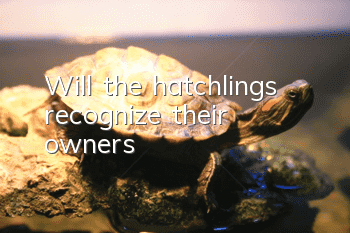what do spiders eat

What do spiders eat?
Spiders are carnivorous animals with a wide range of food habits, but they mainly feed on small animals, mainly insects and flying insects. Mosquitoes or flies. However, some bird-catching spiders and large, ferocious, venomous spiders prefer animals several times their size. In addition, if the spider is artificially raised, it must be fed high-quality feed such as locusts, crickets, butterflies, and mealworms.
Precautions for raising spiders
1. Temperature: Raising spiders has relatively high temperature requirements. It is best to control the temperature between 25 and 30 degrees, lower than 20 degrees. Spiders will eat less if the temperature is lower than ten, and a temperature below ten is life-threatening. And the temperature difference between day and night should not be too large. In summer, pay attention to cooling down to prevent heatstroke, and in winter, pay attention to heating and keeping warm.
2. Humidity: Because they come from the tropics, spiders have high requirements for air humidity, and the air humidity is too high. It will cause the spider to develop "soft feet syndrome", and if it is too low, it will cause the spider to become dehydrated. Generally, it is most suitable to keep it at 65-70%. It is recommended to buy a hygrometer. In addition, spiders are afraid of light, so don't place them where strong light can shine directly.
3. Do not clean the spider web: It is the nature of spiders to build webs. The webs can help them hunt for food. Frequent cleaning of the spider webs will cause the spider's nerve sensitivity and lead to death.
4. Raised alone: Spiders are not social animals, they are very territorial and aggressive. Putting two spiders together can lead to fighting. In addition, they cannot be housed with other animals.
5. Change the coconut soil frequently: The sterile coconut soil sold on the market is easy to breed mites and bacteria after being soaked, causing the coconut soil to be mixed with tiny white particles, which can easily lead to the death of spiders. So be sure to clean it on time.
6. Avoid light for three days: Spiders in a new environment are very likely to feel insecure. At this time, the spider will be aggressive or not eat. The owner can eliminate this phenomenon by patiently keeping the spider out of the light for about three days.
7. Clean up the debris: If the debris left by spiders is not cleaned up in time, it is easy for bacteria or mites to breed. At this time, an "explosion of mites" will occur, which will seriously threaten the life of the pet spider. It is generally recommended to clean up after a few dozen minutes of feeding.
8. Don’t get started: No matter how docile a spider species is, its safety cannot be guaranteed. Most pet spiders are highly poisonous. Their bites can range from unbearable pain to life-threatening. It is recommended to wear as many spiders as possible. Put on gloves.
- Will pet pythons recognize their owners?
- Does the bear recognize its owner?
- Do Brazilian painted turtles recognize their owners?
- Does the white snake recognize its owner?
- Do crocodiles really recognize their owners?
- Do turtles eat watermelon?
- Do snakes recognize their owners when they are raised from a young age?
- Does the southern stone turtle recognize its owner?
- Does the milk snake recognize its owner?
- How big can a tortoise grow?



